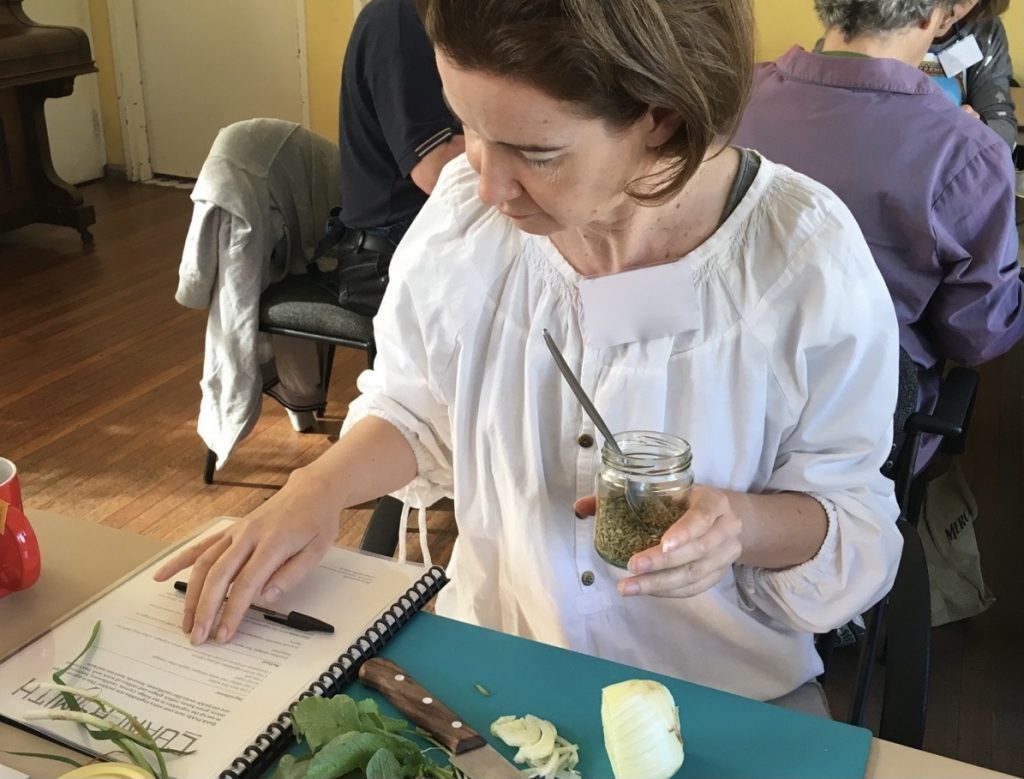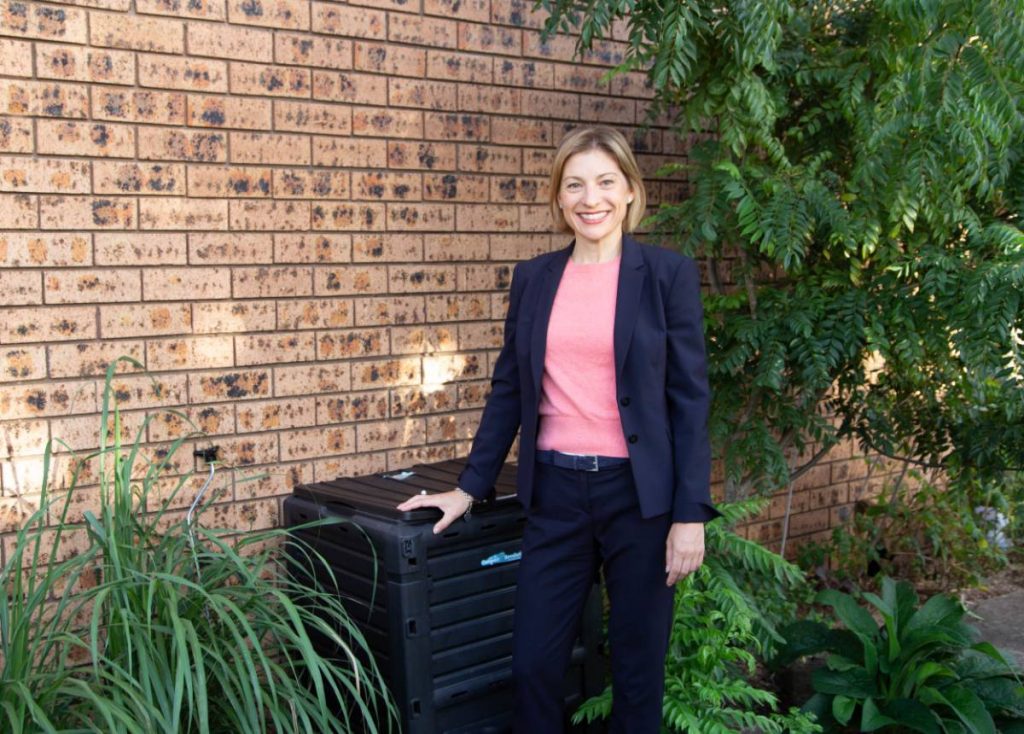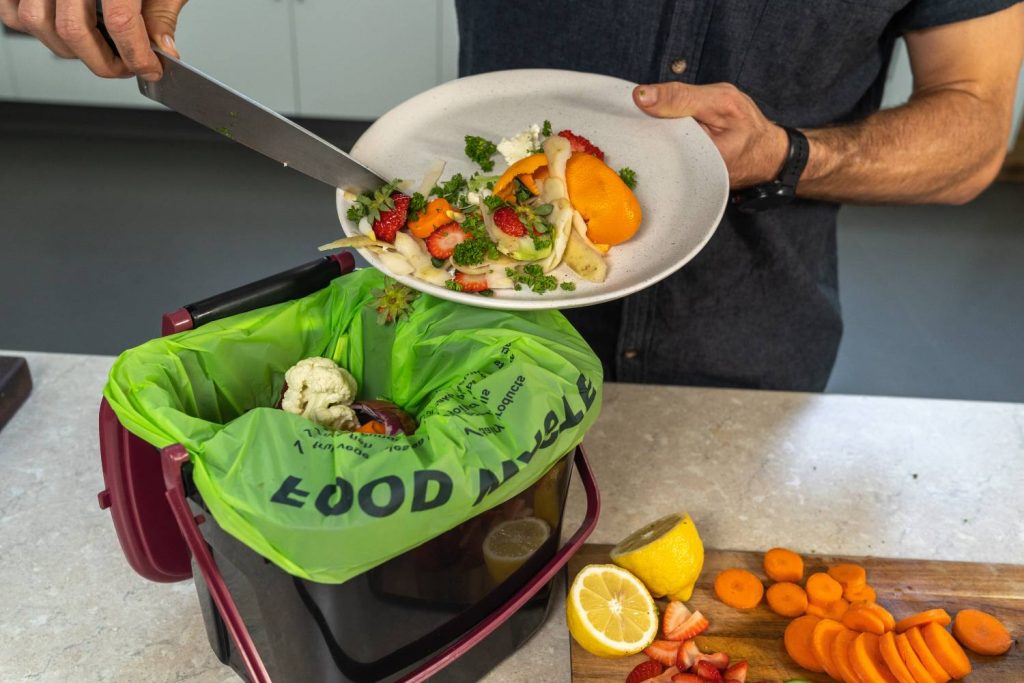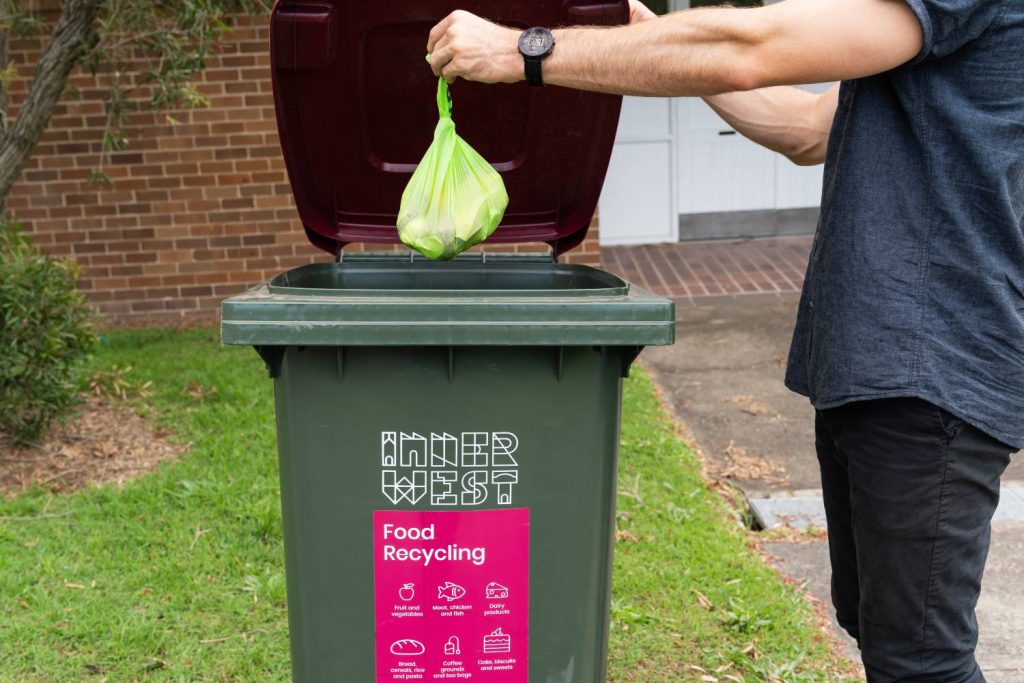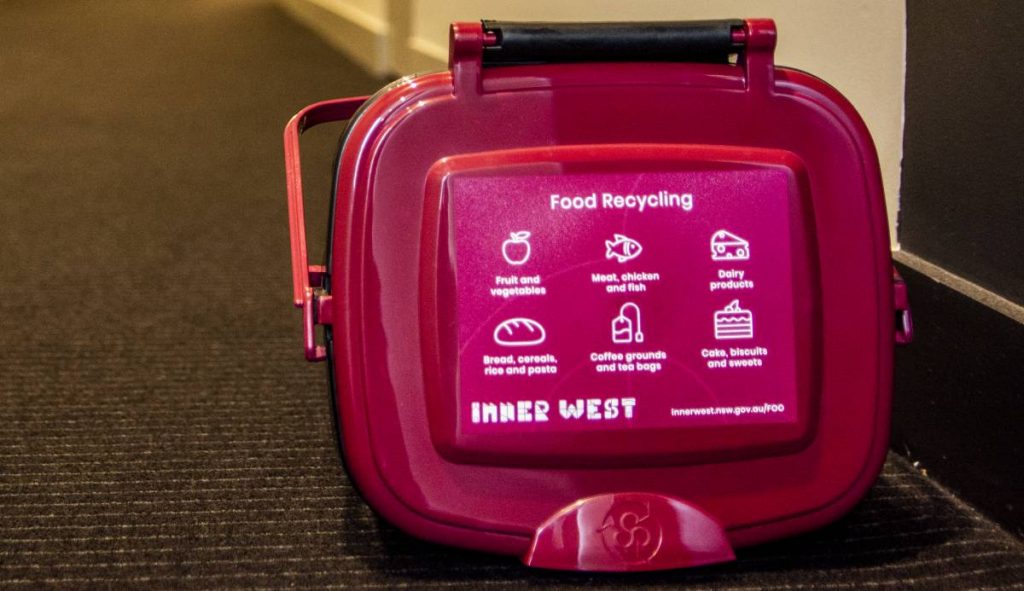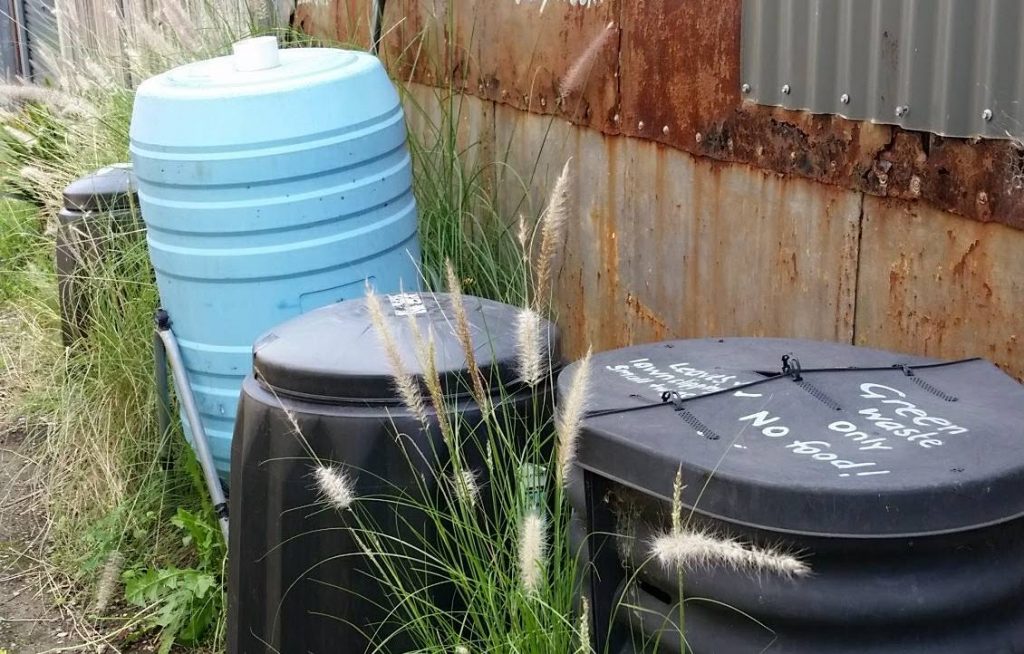No one likes to see food go to waste, and yet it continues to on a massive scale. A recent report estimated that 1 billion tonnes of food are wasted across the globe every year. A third of food produced is lost somewhere along the supply chain, from rotting on the farm, being spoilt during storage, rejected as imperfect by retailers, or thrown out by consumers. Apart from the waste of natural resources including land and water, it generates approximately 8 percent of global greenhouse gases.
The average Inner West household generates 2.1 kilograms of food waste per week. If a household were to avoid or recycle all their food scraps, they could save over 200 kilograms of CO2 emissions per year. That’s equivalent to powering the same household for an entire week.
Recent Inner West Council audits show that 36% of waste in the average garbage bin is food waste. When food waste is sent to landfill it decomposes anaerobically and produces methane, a greenhouse gas 22-25 times stronger than carbon dioxide. To reduce these emissions Inner West Council has several programs to assist residents.
Avoid
We have some great tips on how to reduce food waste in your home, including a couple of video recipes from Cornersmith. Under the current restrictions, most of us are eating more at home than we used to. Planning meals and learning how to store fresh foods properly are important tools in making the most out of what you buy. Love Food Hate Waste NSW has some great tips on how to store food, and this is a useful A-Z storage tool.
Reuse
Not all food waste can be avoided. If you have the space and time, composting at home is the next best option. Council offers residents subsidised and free composting equipment, such as bins or worm farms, through Compost Revolution. Council also assists residents to compost with other households (such as share houses or apartments) through Compost Collective. On average, Compost Collective participants divert 3.25kgs of food scraps per week.
Recycle
Food recycling is now available to almost all residents living in apartments across the Inner West. With assistance from the New South Wales Government, the Food Recycling for Apartments service started in Leichardt in 2008. Further grant funding has enabled Council to expand the service to include more than 900 apartments buildings and 22,000 units.
Residents participating in the food recycling service receive a kitchen bench top bin, special compostable bags, information and support to assist them in separating food scraps at home. The food recycling service is a great addition to Council’s other programs as it can take scraps such as bones and cooked leftovers that are not home compostable. It also works well for residents who do not have the garden space to maintain a compost bin.
Since September last year, the service has recovered over 500 tonnes of food waste and avoided more than 1,000 tonnes of equivalent CO2 emissions. That’s the same as taking 304 passenger vehicles off the road or powering 418 residential homes for a year.
More than 100 residents have joined Council as part of a Champions Program to assist with the implementation and adoption of the food recycling service. Through the program, Council hopes to gain a better understanding of how the service is working in specific buildings and will provide support to champions to encourage participation in the service.
Find out if your apartment building is eligible for the food recycling service by emailing rethink.waste@innerwest.nsw.gov.au.
These are some of the ways to reduce food waste, here are some other ideas:
- Share low waste tips and recipes with friends
- Compost with others by joining Share Waste, and give or receive compostable food scraps
- Attend a Green Living Centre workshop on composting and worm farming
- If you have a food business, donate left-over or unsold food to the Addi Road Food Pantry for sale to the community at low cost.
Let’s reduce food waste together!


